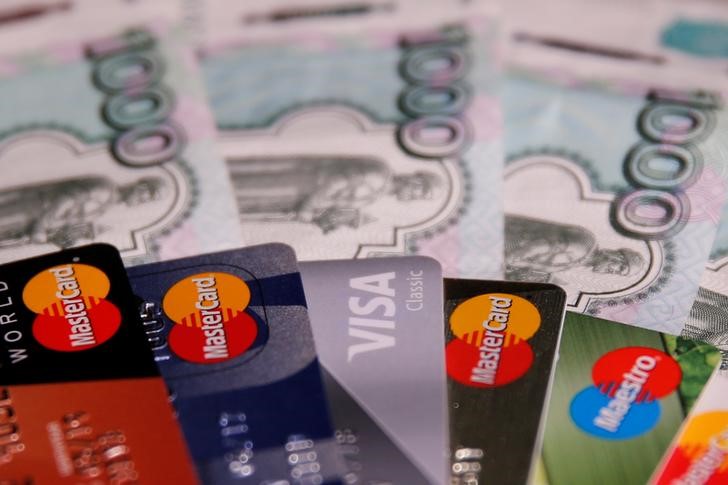Headline: Russian Industries Grapple with Elevated Central Bank Rates
Industrial companies and business lobby groups in Russia have expressed concerns that the high interest rates set by the Bank of Russia are hindering vital new investments and infrastructure development. The central bank is expected to raise the key interest rate by at least 100 basis points to 20% on Friday to combat persistent inflation and economic pressures exacerbated by military spending and the conflict in Ukraine.
Alexey Mordashov, the largest shareholder of steel producer Severstal, stated earlier in October that while it is necessary to control inflation, increasing interest rates could be more detrimental than inflation itself. He warned that businesses prefer to keep their funds in high-interest deposit accounts rather than finance new investment projects, potentially stifling economic growth.
Despite an economic rebound, with Russia’s GDP growing by 3.6% last year and expected to expand by 3.9% this year following a 1.2% contraction in 2022, high interest rates are seen as a barrier to industrial expansion. Sergei Chemezov, head of the state industrial conglomerate Rostec, emphasized that high-tech sectors are crucial for development, yet central bank policies are limiting growth in these areas.
The energy sector is also facing challenges. Alexandra Panina, chair of the board of Russia Energy Producers Council, noted that high key interest rates are driving up the cost of investment projects, potentially leading to increased electricity prices in Russia. The country aims to install over 90 gigawatts of new electricity capacity by 2042, with an estimated cost of about 40 trillion rubles ($414 billion).
Recent power outages caused by hot weather in southern regions and an accident at the Rostov nuclear plant highlighted the urgency of upgrading energy infrastructure. Alexei Ilchuk, head of the analytical group of the energy ministry's energy sector, stated that if interest rates remain high, loan costs could exceed 50% of the final electricity costs, posing a significant barrier to sector development.
Construction, energy, and steel industries are already feeling the impact of high rates. Steel producer MMK cited high interest rates as one reason for an 18.7% quarter-on-quarter drop in sales. Additionally, some power plant construction tenders have failed, and seven companies are considering abandoning 17 projects totaling 2.13 gigawatts of capacity.
The situation is also dire for small and medium-sized enterprises (SMEs). Alexander Kalinin, head of the SME lobby group Opora Rossii, expects credit interest rates for SMEs to reach 30% next year, likely reducing investments and slowing economic growth. Russian oil traders have faced increased trade financing costs, with some trading firms exiting the market after barely covering the costs of oil, shipping, and credit.


